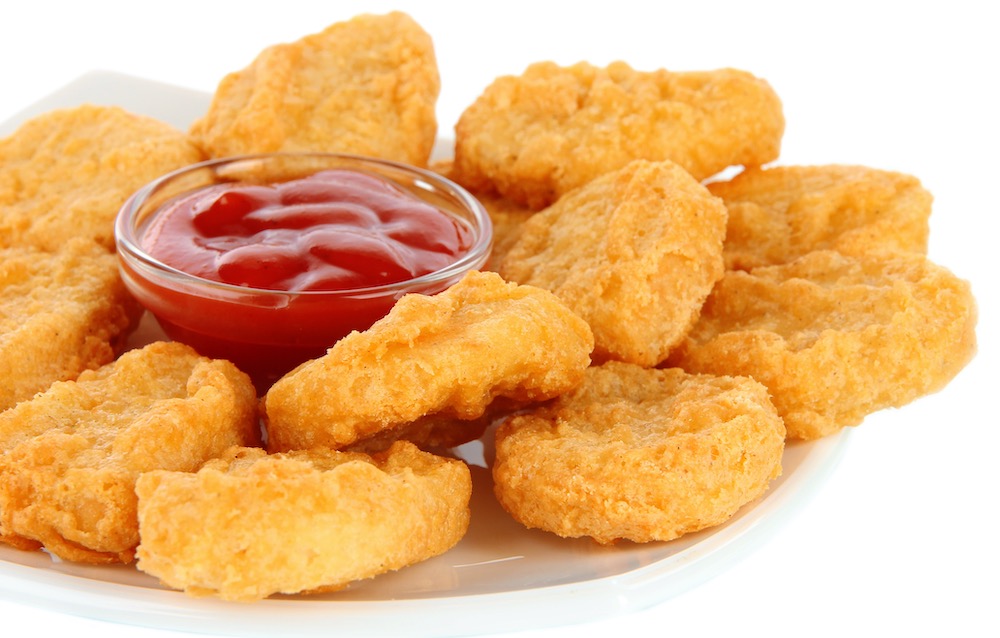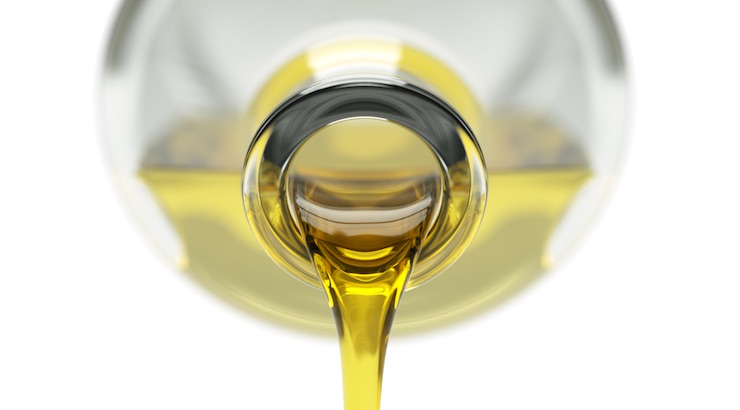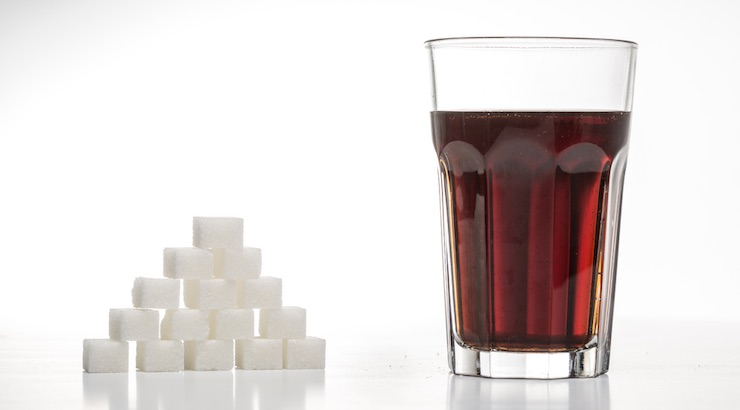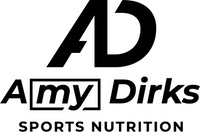Nutrition Info For Athletes: The 10 Most Inflammatory Foods Athletes Should Avoid
Nutrition information for soccer players from Amy Dirks. Discover what makes this column so different: Read Meet SoccerToday’s Nutritionist Amy Dirks – Great Info for Soccer Players of All Ages.
Have a nutrition question? Ask Amy! Just email Amy or visit Amy Dirks Sports Nutrition. Here is important information on foods that many people eat without fully realizing the impact on an athlete’s body and ability to recover.
The Simple Truth on Nutrition for Soccer Players
The foods we eat essentially tell our bodies what to do; deflame or inflame.
Read: NUTRITION FOR SOCCER PLAYERS: TOP TEN FOODS TO EAT

As an athlete, your body is already under physical stress. Increasing inflammation in the body from the foods you eat could impair performance and your overall health in the long run. The following are the most inflammatory foods that you want to stay away from, especially during your active season.
Related Article: Researchers say Oreos are as addictive as cocaine
1) The Impact of Fried Foods on Athletes:
This includes fast food since many of the foods you eat from fast-food restaurants are fried, refined, and not nutritious.

Fried foods, unless cooked properly at home, can contain trans fats, which lead to inflammation and disease.
2) The Impact of Eating Processed Meat/Conventional Meat:
Meats that have been cured, smoked, dried like sausage, bacon, and cold cuts have been repeatedly linked to an increase in the risk of cancer.
There are better alternatives such as no nitrate/nitrite bacon, sausage from a local farm, Krave beef jerky.
Conventional meat means beef and pork raised in a feedlot, given hormones and antibiotics, or chickens in houses that never see the sunlight and are pumped full of inflammatory foods, hormones, and antibiotics as well.
Always be cautious where your meat comes from.

3) Use the Right Oils: Replace Inflammatory Oils
There are good fats and not so good fats.
Inflammatory oils such as vegetable and canola oil should be replaced with avocado, olive, and coconut oils.
Read: SOCCER NUTRITION: BUILDING YOUR IMMUNITY IN THIS TIME OF COVID-19
4) The Question of Gluten:
Whether you have a sensitivity to gluten or not, gluten can cause some GI distress, which triggers other issues in the body and therefore, should be reduced or avoided, especially during the season or on hard training/game days.
Gluten-free foods are those which are best for you anyway.
Gluten-free foods include fruits, vegetables, nuts, seeds, wild-caught fish, pasture-raised chicken, etc. Most foods that contain gluten come in a box or bag.

5) The Rule on Conventional Dairy:
By conventional, I mean not organic, not grass-fed, pasture-raised cows.
There are two types of protein in dairy: whey and casein.
The conventional casein can be inflammatory to the gut so when consuming dairy products, try your best to make sure they are organic, grass-fed, pasture-raised.
Read: SOCCER NUTRITION: IS JUICE GOOD FOR SOCCER PLAYERS?
6) Beware of Artificial Sweeteners:
Artificial Sweeteners are typically lurking in sports products, low-fat foods, or diet products.
Artificial Sweeteners disrupt the gut microbiome.
Although they are calorie-free or low calorie, your brain still thinks it’s sugar, so your body responds hormonally the same. Sucralose is one that can make it’s way into sports products so read the label.

7) High Fructose Corn Syrup (HFCS):
Most people know this is a highly processed sugar found in sodas, candy, some juices, and ice cream. It not only is inflammatory and has been linked to arthritis type issues but also weight gain. If you consume processed foods, you are most likely consuming high fructose corn syrup.
High Fructose Corn Syrup is just a cheap sugar to help cut costs in food manufacturing.

8) Refined Carbohydrates:
Similar to High Fructose Corn Syrup (HFCS), refined carbohydrates have been stripped of any nutrients and fiber during the processing which leaves you with the white versions of foods like pasta, cereal, crackers, and white bread. These foods can be extremely popular in athletes but truly aren’t the best fuel.
Refined carbohydrates don’t sustain energy and can lead to inflammation.
Read: SOCCER NUTRITION: BONE BROTH IS THE ULTIMATE RECOVERY DRINK
9) The Impact of Alcohol on Athletes:
Red wine may have some health benefits but consuming too much alcohol often can weaken immunity, cause leaky gut, and increase inflammatory markers.

10) Genetically Modified Foods – GMO Soy & Corn:
Although more research is needed on what genetically modified foods do to the body, it is best to avoid them if possible and opt for non-GMO crops.
Soy and corn both have a high percentage of being genetically modified so pay attention to your source.
Foods that often include GMO are soy sauce, tortillas, and tortilla chips.

Interested in starting your own sports nutrition program?
Visit Amy Dirks Sports Nutrition and discover how great nutrition can work





